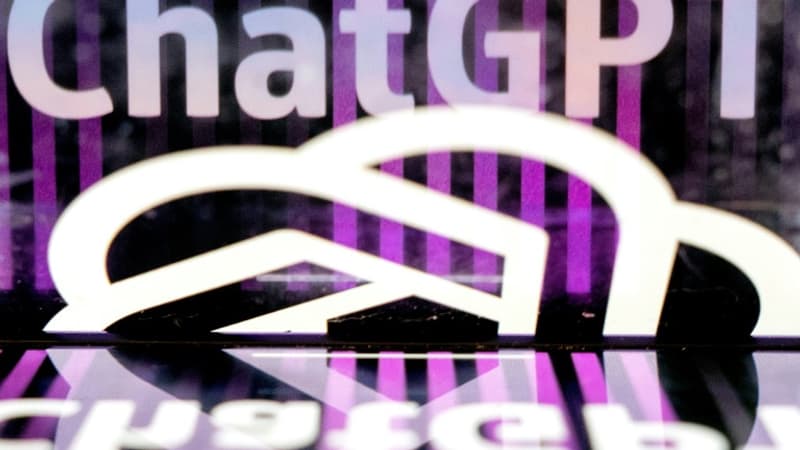Asked in France Inter on April 12 about the application developed by OpenAI, the director of the Meta group’s artificial intelligence laboratory, Yann Le Cun, replied: “Yes, it is a good product. Science and technology are behind it, it is not nothing revolutionary.” No”.
In the “absolutely huge amounts of text” that made ChatGPT answer its users’ questions, “there is a lot, a lot of human knowledge, but it’s very superficial,” explains this researcher. “It doesn’t include, for example, knowledge of the physical world, the real world. So these systems, in a way, have much less knowledge of the real world than your cat,” he said.
Augmented reality glasses and virtual assistants
Asked about the most important innovations expected for the next 10 or 15 years, this New York University professor mentioned two types of products. Yann Le Cun believes in the advent of “augmented reality glasses, which will therefore be able to superimpose virtual images on the real world”, and for example transcribe live in our language a conversation in an unknown foreign language.
In addition, according to him, “we will interact with intelligent virtual assistants who, at certain times, will have intelligence similar to human intelligence, perhaps higher in certain areas, and who can help us in our daily lives”, for example. by allowing us to “focus on the things we care about, and not have to spend an hour on the phone to talk to your plumber or the Social Security administration.”
This Meta leader was finally hostile to the petition signed in March by personalities such as the businessman Elon Musk or the historian Yuval Noah Harari to “take a break for at least six months in the formation of computer systems. AI more powerful than GPT ” . -4′. “It’s a kind of new obscurantism. I don’t see any good motivation to try to limit progress (…) It is completely unrealistic to tell people: stop investigating for six months. Nobody is going to do it.” Mr. Le Cun retorted.
Source: BFM TV


